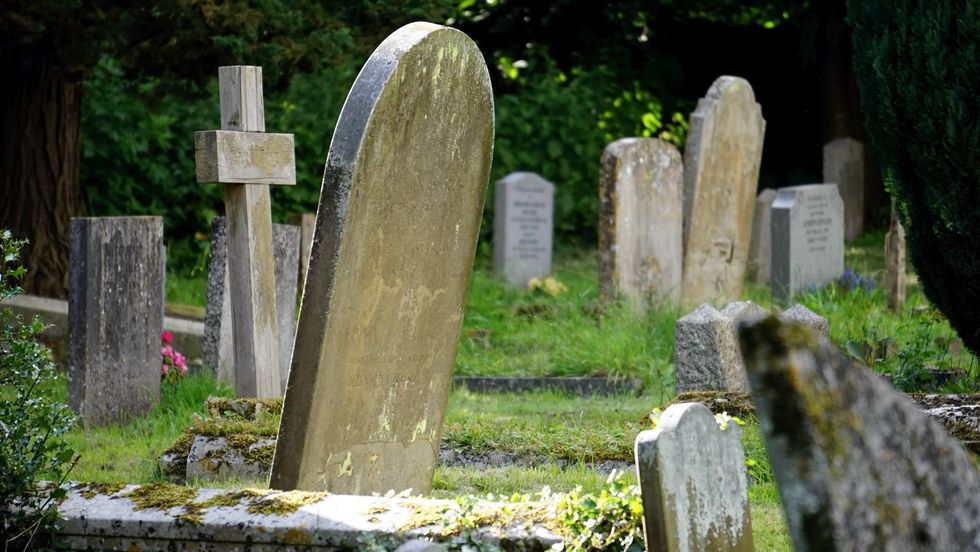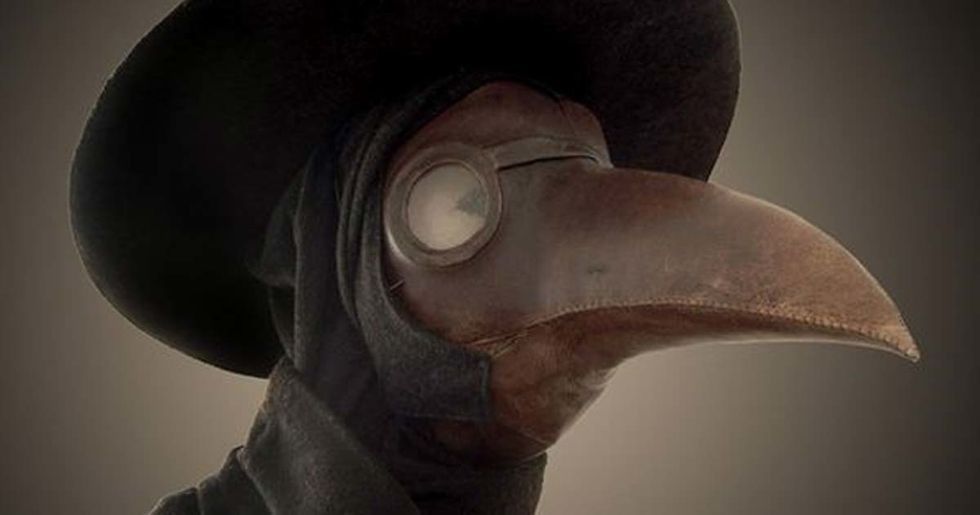Most everyone knows about the Plague, also known as the Black Death, that touched down in Europe by boat sometime during the 1300s, and wiped out about 1/3rd of its population. After doing some more research on this disease, I found some pretty interesting things.
Many people were essentially sent to an island die

The Poveglia Island in Italy is known for being one of the locations where plague victims were sent to be quarantined and burned. Those that showed even small signs of illness were shipped there to die. Some historians say it's possible that people who didn't have the plague at all were taken there mistakenly and placed with corpses. Unsurprising, due to its history, the island is said to be haunted, and 50% of its fields are made of human ash. Sometimes, bones still wash up on its shores.
Not everyone who caught it died from it

There were some who caught the plague and seemed to be able to fight it off. In fact, experts say it's likely that many victims may have succumbed to the illness because of malnutrition or other existing conditions. In a relatively healthy person, it's possible to let your immune system handle the sickness on its own. One man, who was burying what he thought was a corpse, was shocked when the "corpse" woke up and asked for something to eat.
The disease was able to spread because it essentially starved fleas

The mechanism by which the disease was able to spread was by blocking the digestive tract of the fleas which it had infected. The flea would then regurgitate the contents of its stomach (including the bacteria which caused the plague) back onto its host animal, which would then spread the illness to humans. Interestingly enough, dogs seemed to be immune to the plague, though cats and rodents would often fall victim to it.
Two genetic mutations caused it to become deadly

The bacteria which led to the plague would have only been response for a mild gastrointestinal condition, if not for two mutations which subsequently allowed the bacteria to infect the lungs, and then to enter the human body more easily. Essentially, the mutations made the plague more deadly and more transmissible, which is not a good combination.
The Middle Ages Plague was not the first one

Before the pandemic in the 1300s, there was another one called the Justinian Plague, which attacked the Byzantine empire in 541. This plague, of course, was caused by the same bacterium that caused the Black Death. It also occurred after the above genetic mutations mentioned, and thus wreaked havoc on the Byzantine Empire in the same way it would wrack havoc again many years later.
Thankfully, the plague, being caused by a bacterium, is easily treatable today with antibiotics. But one can hope that such a serious, fast spreading, and deadly illness will never occur again in humanity's future.

















